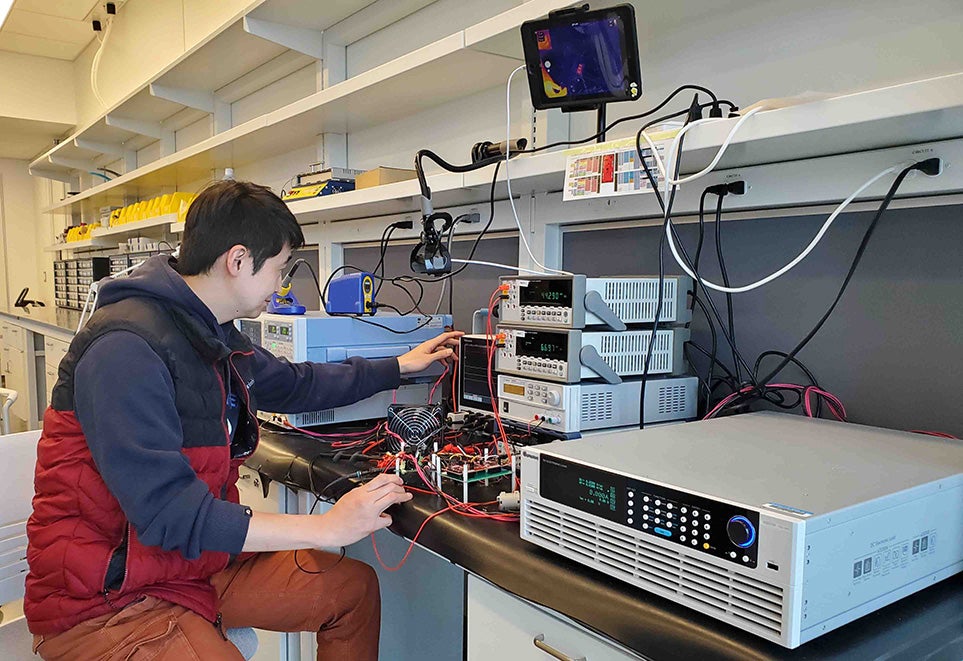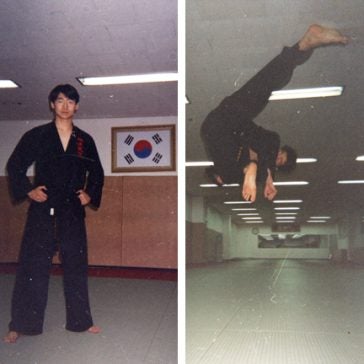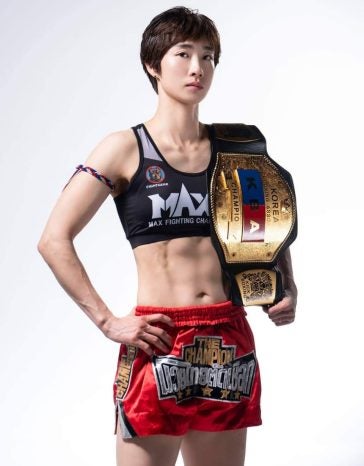- Assistant Professor, Electrical, Computer and Biomedical Engineering
- Joined College of Engineering faculty in 2020
What is your area of expertise?
My area of expertise is power electronics. The power conversion system is to electronic devices what the human heart is to the body because it supports energy to operate electric devices. My research focuses on how different power sources connect to the load at different voltage levels and different voltage types. The challenge is achieving high power efficiency, high power density and high performance of the power conversion system.

What are some research projects you’re working on?
I’ve been focusing on multiple input sources for power conversion systems. For example, electric vehicles only have a battery, which sometimes isn’t enough. Batteries in electric cars usually only have enough of a charge for 200 to 300 miles. We can consider adding another power source, such as the fuel cell. Other power sources have been considered in the past because they may have a higher power density, but the problem is they can’t be used without a battery. Normally, if you have two power sources, you need two power conversion systems. That would be expensive and bulky. I propose using a single power conversion system that could handle two power sources efficiently, which would mean a new type of power conversion system.
I’ve also been experimenting with a small drone on an intelligent power conversion system to support two different sources. It has to work not just for a specific voltage like general power systems, but it has to also control energy efficiently.
In addition, I’m studying ways to use this technology for modes of transportation other than cars. This also requires working with multiple power sources because a battery alone is not enough for high-powered modes of transportation, such as airplanes, ships, and large vehicles.
I am also exploring a method to improve systems’ performance under extremely harsh conditions. One problem with batteries in vehicles is that they may not work correctly under extremely cold conditions. Our research team is working to resolve this problem by designing and developing novel thermal transfer control based on power conversion systems.
What technology are you excited to use in your lab?
I will use a new bidirectional power source simulator, which can simulate power from a battery, solar panel, and fuel cell up to 6 kilowatts. Our team can develop various power conversion systems for electric transportation based on this equipment because it will help evaluate the power conversion systems under close-to-real conditions. The bidirectional power source simulator cost $16,500.
Who are you collaborating with on your research?
I’m working with Professor Tao Wei on making an automation design tool for a power conversion system. I also have collaborations with professors at the University of Connecticut, Penn State University, Georgia Southern University, and University of Colorado Denver. I would also like to partner with private companies and the defense industry to design power conversion systems for aircraft and ships employing multiple power sources.

Why did you become an engineering professor?
I started my engineering career in 2008 after receiving my bachelor’s degree in South Korea. I worked for Samsung Electro-Mechanics, and with some big international companies, such Google and Intel. But I didn’t want to just develop the next iteration of something that was already created, I wanted to design something that would solve problems. I decided to further my education so that I could design power systems, not just develop them. Being a university researcher/professor in the United States allows the flexibility to work on a wide range of topics, instead of conducting research for specific applications for a company.
Why did you decide to work at URI?
URI was one of three universities I considered. When I came for the interview, I saw the new engineering building and loved it. I read about the accomplishments of the faculty ahead of time and was impressed. Tao was the chair of the search committee for my position. He was very nice and kindly explained everything. Department Chair Haibo He and other faculty I met during the interview also made a great impression. The other schools I considered also had nice buildings, but the moment I met the faculty at URI it was very different; it felt heartwarming. I definitely can say this led me to URI.

What is something people might not know about you?
I’m a fifth-degree black belt in taekwondo. I started training at 8 years old, and I won several gold medals for winning matches in college.
I met my wife through martial arts. She’s a professional fighter in Muay Thai. She won two championship belts in South Korea. She lives here, but she’s still considered the champion in South Korea because she hasn’t been able to defend her title since 2019 due to the pandemic. She has her six-pack of abs, but I lost mine a while ago.
People would be surprised to learn that I was once a bodyguard for the president of South Korea in his secret service. It was a part of mandatory military service in my home country, and I was hired because of my martial arts background. I was also assigned to protect some very important people, such as the former prime minister of Great Britain, Tony Blair.
